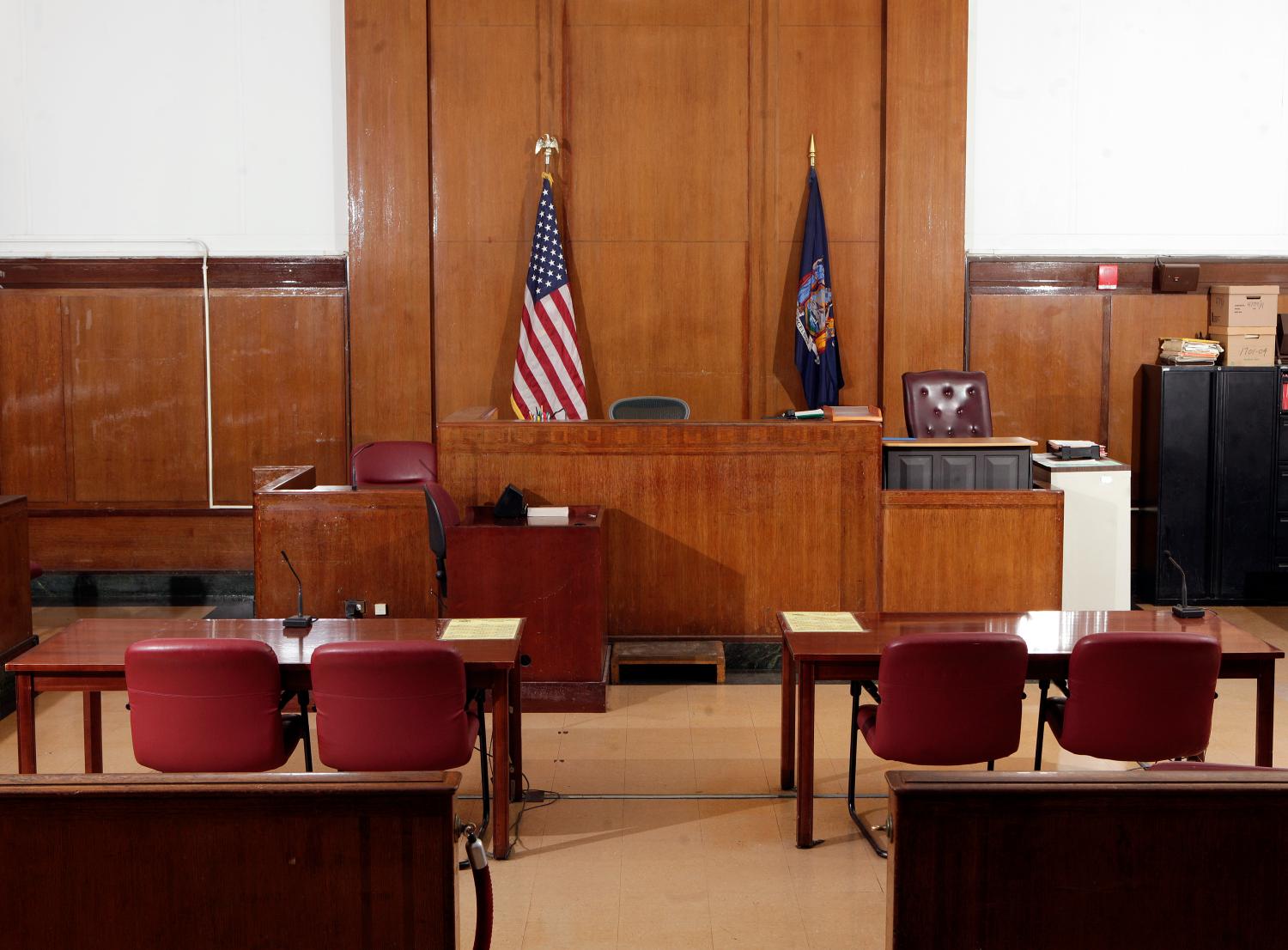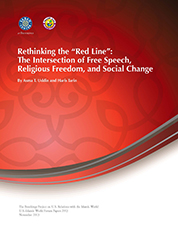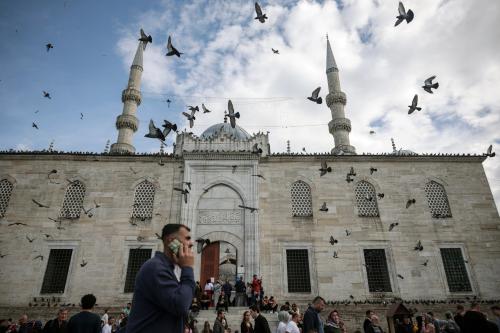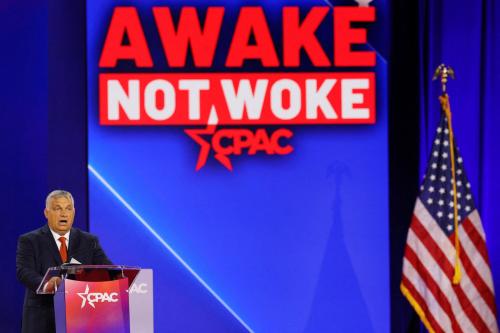Free speech, particularly the freedom to speak about, criticize, or reject religion, continues to be a contentious issue among Muslims and between Muslims and non-Muslim compatriots. In this paper, Asma Uddin and Haris Tarin used the Organization of Islamic Cooperation’s Defamation of Religions Resolution as a case study to examine different definitions of free speech, alternative standards governing limits on free speech, and how the gaps among competing standards should be bridged.
Among the Key Findings:
-
Due to increasing limitations on freedoms of expression and religion and their impact on social change, any discussion of racial, ethnic and religious intolerance must engage media, civil society and government.
-
In addressing religious intolerance, moral and social norm setting actions are more effective and productive than criminalization.
-
Any general recommendations must be ‘localized’ to address the local context.
Read other publications from the 2013 U.S.-Islamic World Forum »
The Brookings Institution is committed to quality, independence, and impact.
We are supported by a diverse array of funders. In line with our values and policies, each Brookings publication represents the sole views of its author(s).




